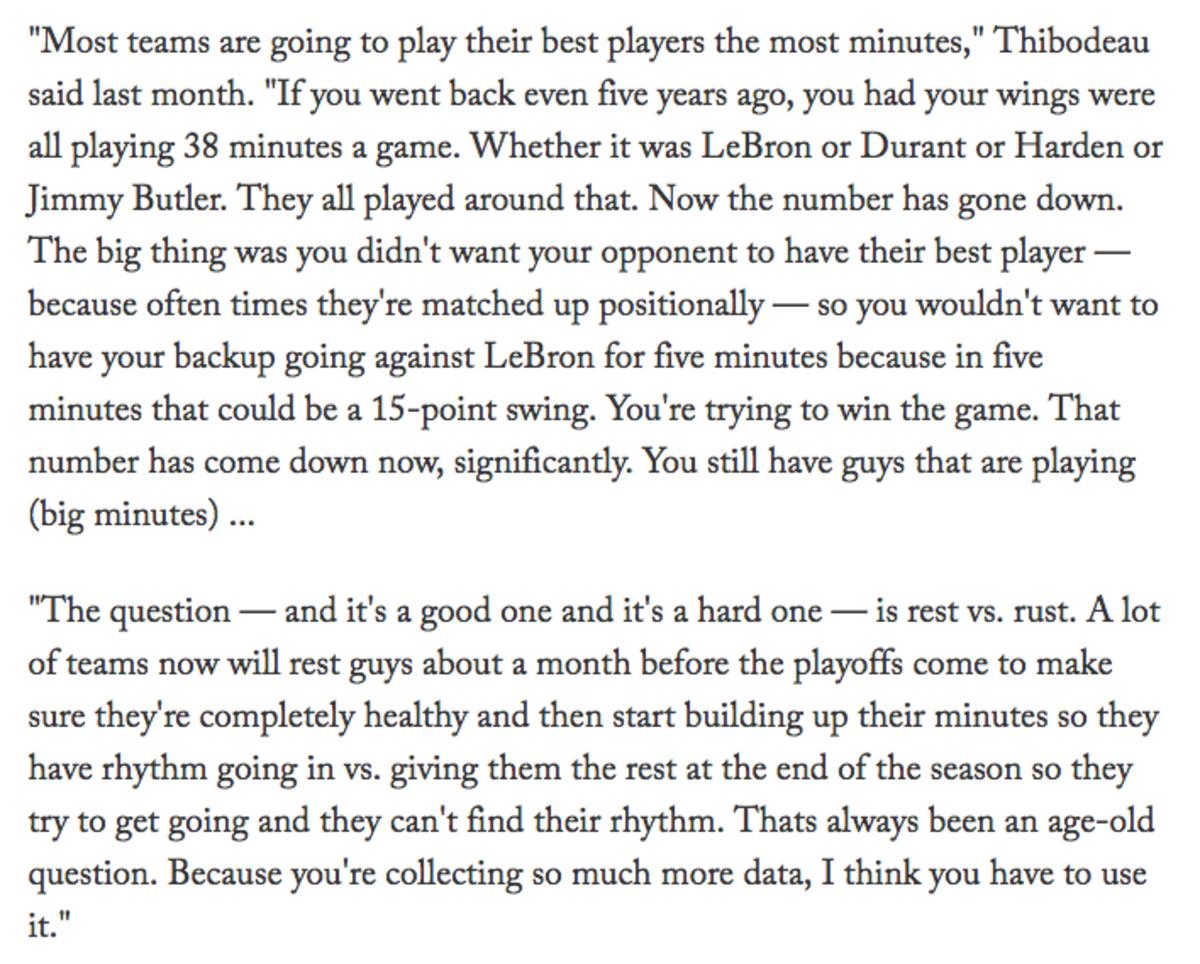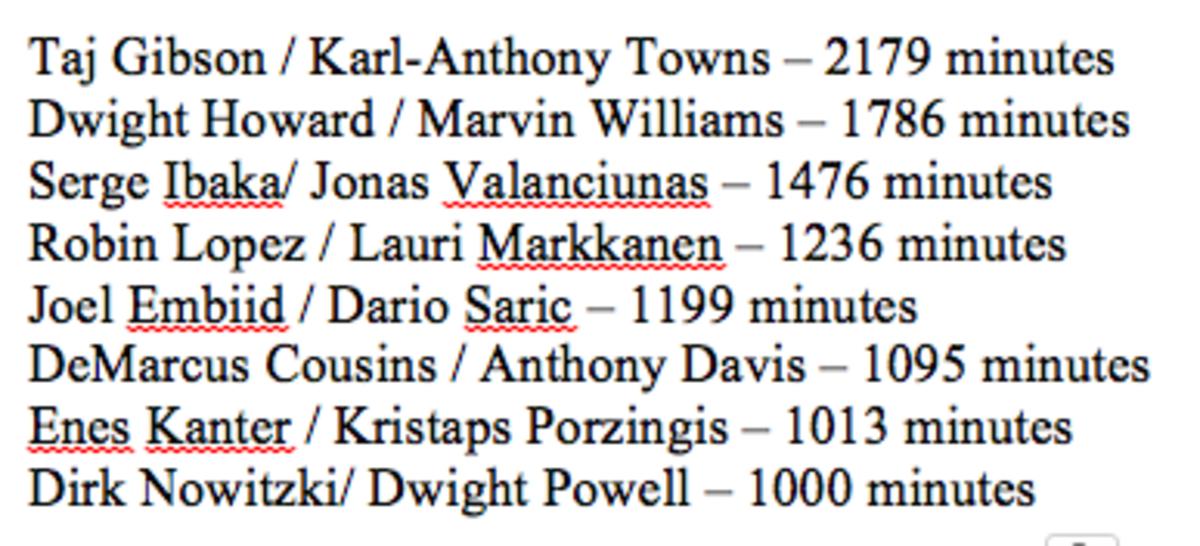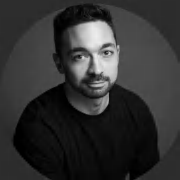Knicks Hire Tom Thibodeau: 5 Big Questions
As SI.com reported was a 90 percent certainty shortly after Leon Rose's rumored hire back in February, Tom Thibodeau is officially set to become the 30th head coach in New York Knicks history. ESPN's Adrian Wojnarowski broke the news that Thibs had agreed to a five-year deal with the team.
The New York Knicks and Tom Thibodeau are finalizing a five-year deal to make him the franchise’s next coach, sources tell ESPN.
— Adrian Wojnarowski (@wojespn) July 25, 2020
Thibodeau is, without question, the highest-pedigreed coach that the Knicks interviewed in their extensive search process. The 2011 NBA Coach of the Year sports a winning percentage of 58.9, making him one of just 12 coaches all time to have that high of a success rate and over 350 wins. For as much attention as his detractors have received over the years, the list of former players who swear by his methods is extensive.
Despite all of the above, the hire is anything but a sure thing - partially due to 20 years' worth of uncertainty about the organization's ability to build a winner with any coach, but also in part because of legitimate questions Thibodeau has raised about his own ability to succeed and adapt in the modern league.
Here are the top five:
5. How much will Thibs ride his best players?
Earlier this year, Thibodeau himself had a chance to speak about his philosophy on minutes limits and the concept of overextending a team's best players. Courtesy of The Athletic's Mike Vorkunov, here were his thoughts:

Thibodeau offered a lot of ideas on the subject, but at no point did he say outright that his previous approaches to doling out time over the course of a game or a season were incorrect.
But maybe he didn't need to. In Thibs' five seasons in Chicago, he only had a total of five players end up in the top 20 in the league in minutes played. Of those, only one was ever in the top ten: Luol Deng in 2010-11, who finished third.
In Minnesota, Andrew Wiggins and Karl Anthony Towns each finished in the top ten in minutes in both of Thibodeau's full seasons, but Wiggins was in the top ten in the two years before Thibs arrived as well, and Towns was 28th as a rookie the year before Thibodeau got there.
In short, he didn't seem to be doing anything out of the ordinary, and the minutes his best players played were never out of line with other top talents around the league.
More importantly, this is fifth on the list because philosophies surrounding rest and recuperation should be an organizational decision. However much next year's Knicks do or don't play shouldn't fall completely on Thibs' shoulders.
4. How will his staff be filled out?
The early reporting from SNY's Ian Begley has Mike Woodson and Mike Miller as the leading candidates to be placed on Thibodeau's staff as assistant coaches.
Knicks finalizing terms of deal with Tom Thibodeau to become next head coach, sources confirm. There is strong internal support for former NYK head coach Mike Woodson & interim head coach Mike Miller to be added as assistants on Thibodeau's staff. Details: https://t.co/GqQXCdQDO3
— Ian Begley (@IanBegley) July 25, 2020
I'm hearing the same thing, and also that the notion of Kenny Atkinson as an assistant coach is not one likely to come to fruition.
How would Woody and Miller do alongside Thibs? They each have tenets of their coaching philosophy that fall strongly in line with what we've seen from Thibodeau over the years, both for better and for worse.
Miller, more than anything after he became interim head coach, was dedicated to making sure the Knicks walled off the paint. After he took over, they rose from 20th to 10th in the league in percentage of opposing looks that came at the rim according to Cleaning the Glass.
Thibs, more than anything, preached protecting the paint as the central focus of his defenses. He was supremely successful in Chicago, always finishing in the top ten and atop the league a few times. Things didn't go as well in Minnesota, although the Wolves did rank 8th in frequency of opponents' shot attempts at the basket over his last two months on the job. Given Miller's focus on this last season, it's safe to assume it will be a major priority.
As for Woodson, he's probably best remembered for sticking to a larger lineup even after finding success with small ball.
Asked Woody why Pablo doesnt start when he usually helps NYK get back 2 last yr's principles. "The East is big, man." Cites need to match up
— Chris Herring (@Herring_NBA) December 10, 2013
Thibs, right down until the end in Minnesota, insisted on a double big starting lineup featuring Taj Gibson and Karl Anthony Towns.
That pairing played the 10th most minutes together of any duo in the league in 2017-18, and was by far the highest of any pairing of players that could be construed as two traditional big men. In fact, they were just one of eight such pairings to see at least 1000 minutes together in a league that was increasingly downsizing.

This is one philosophy whose usefulness has been outlived, but time will tell if both Thibs and Woodson can adjust properly.
3. What does this mean for the Draft?
For even longer than Thibodeau has been rumored to be the next head coach, the Knicks have seemed all but guaranteed to select a point guard at the top of next year's draft. With Thibodeau now at the helm, this now becomes something of an uncertainty.
Primarily, rookie point guards are almost always bad and often struggle the most on defense. Even worse, none of the lottery projected point guards projects as a plus player on the defensive end anytime remotely soon.
In Minnesota, we saw first-hand the dangers of a Thibs' defense without a strong point of attack defender. In 2017-18 for instance, the Wolves starting lineup with the substandard Jeff Teague at the helm sported a 106.8 defensive rating according to Cleaning the Glass. With the far more serviceable Tyus Jones in his place, that number dropped to a stellar 95.1.
Could this open the door for Frank Ntilikina as a starter, with the Knicks selecting a more defensively apt point guard with one of their later picks (Tre Jones is cut from the same cloth as his brother Tyus, and has shown himself to be the superior defender at Duke)?
With someone like Isaac Okoro available near the top of the draft, that's not an unreasonable scenario to envision. Okoro profiles as the prototypical Thibs wing in the Jimmy Butler mold, and would make for an interesting piece to start off his time in New York with, a'la the original Butler in Chicago.
2. Will the Knicks build a roster suited to Thibodeau's strengths?
This should be an easy "yes."
Over the last week, I've watched far too many hours of film and written far too many words for the Knicks Film School Newsletter detailing Thibodeau's success in Chicago and his failures in Minnesota. The one overarching conclusion I've reached is that his defensive concepts simply don't work without players who are 100 percent committed to the process and who show as much with the requisite effort on the court.
This shouldn't have come as a surprise. I was alongside Taj Gibson when he was asked about Thibodeau's coaching style back in February. He heaped ample praise, but with a caveat: "You've got to want to get better." Gibson added:
The aspect of (Thibodeau's coaching of) getting you better and wanting you to be better and expecting the utmost from you every day. Not just walking into the gym and being a pro but to leave the gym, knowing that you gave it your all. And you put forth 110 percent. Because he's going to want 110 percent out of you and he's going to challenge you because he wants the best out of you. And I honestly see that every time.
The Knicks no doubt already have some of these players on the roster, and it's fair to assume they'll carry a couple more who they hope to be converts to the Church of Thibs.
But we've already seen what happens if that balance is out of whack, and it wasn't pretty.
1. What are Thibodeau's coaching philosophies in 2020 and beyond?
This has to be number one, if only because the league is in such a different place than it was when Thibs last had unabashed success.
As a defensive coach, his philosophy of walling off the rim is as wise now as it ever has been. One look at the best defenses in the league and where they rank in walling off the paint is enough to prove as much.
But how one protects the paint is a source of tension given Thibs' past tendencies. The best defenses today employ ample switching, often sending three or four like-sized athletes onto the court to make this more feasible. Thus far, Thibodeau has eschewed a heavy diet of switches. Does he feel the need to change? No one can be sure.
And on offense, Thibodeau's teams have always leaned into the strengths of his best players (drive and kick with Derrick Rose in the early Bulls' years, making Joakim Noah a point center later on, and finally heavy on Towns' post-ups in Minnesota).
Sadly, aside from alley oops to Mitchell Robinson, the Knicks don't have any identifiable strengths right now. His teams have also never shot a lot of threes, never once ranking in the top half of the league in 3-pointers per game, and they never sniffed the top ten in effective field goal percentage, a category where two of his Bulls' teams finished in the bottom two of the NBA.
This is one area where he'll hopefully be able to lean heavily on his assistants, and perhaps even rely on the front office for an analytics-based approach. Regardless of how he approaches this season though, Thibodeau has his work cut out for him to make sure he's the second coach since his mentor Jeff Van Gundy to make it past two seasons at the helm.
He's already shown he's more than capable of meeting the challenge. Whether he's open-minded enough to make the necessary adjustments to make it happen remains to be seen.
